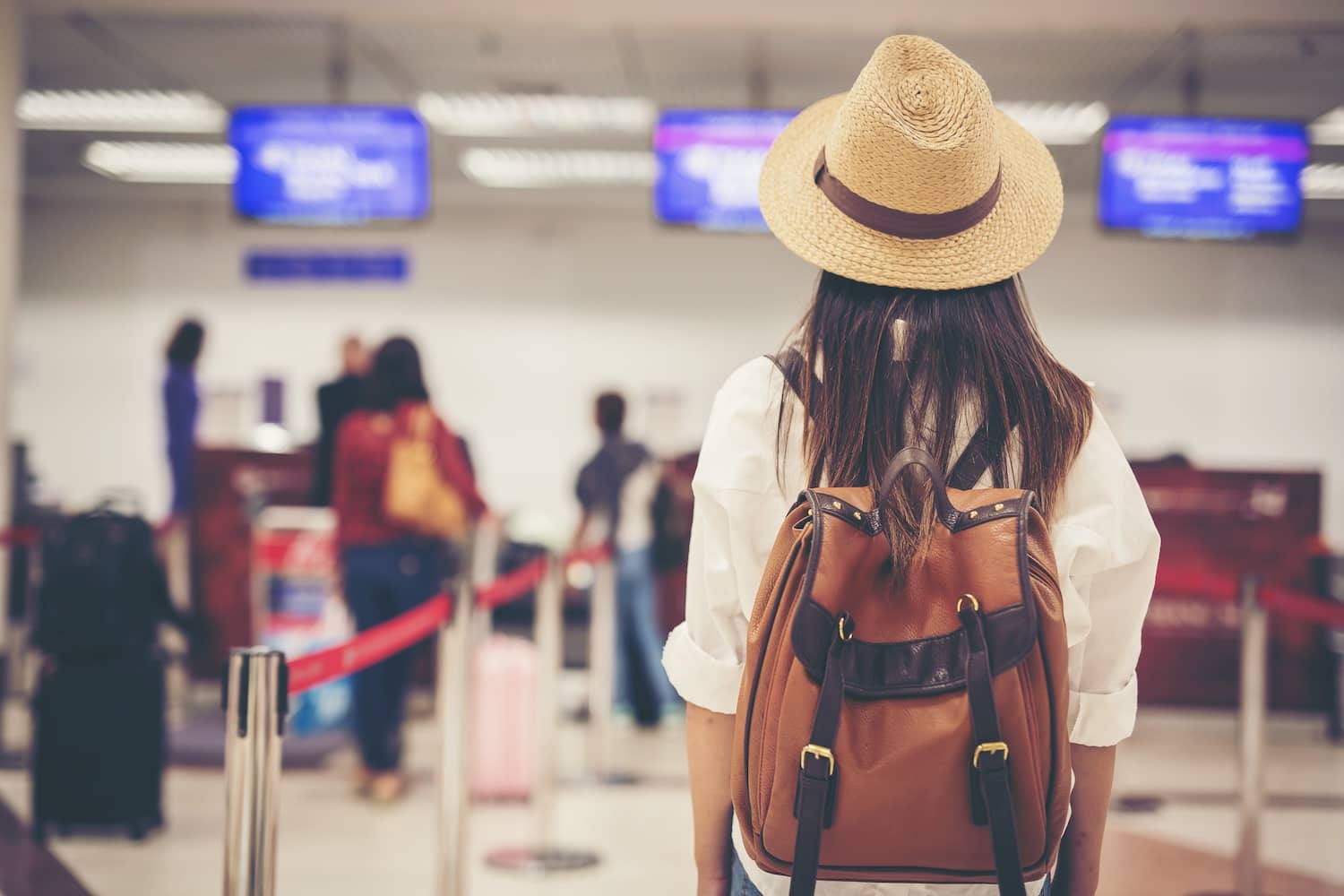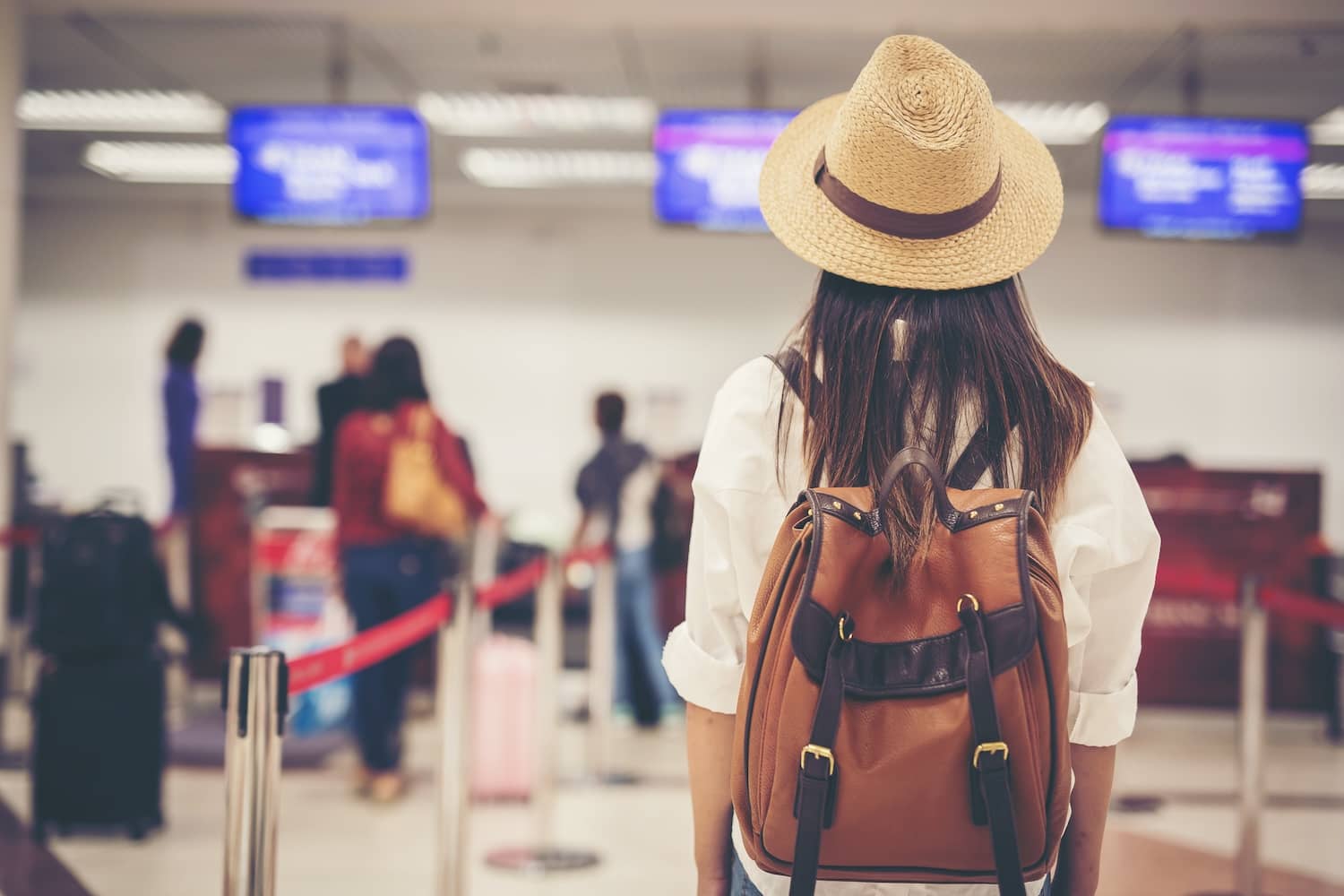Lisbon Airport Passenger Guide

This guide is designed to provide you with essential information to make your journey through Lisbon Airport as smooth and stress-free as possible. From biometric identification to check-in procedures and customs, we’ve got you covered with all you need to know for a seamless airport experience.
| Section | Key Points |
|---|---|
| Biometric Identification | Faster, secure check-in using facial recognition technology. |
| Check-in Procedures | Options include online, kiosk, and counter; arrive early with necessary documents. |
| Customs | Declare items over allowances through red channel; be aware of restrictions. |
| Passports and Visas | Valid passport required; visa requirements vary by nationality and purpose of visit. |
| Security Screening | Prepare for personal item and electronic device screening; be aware of liquid restrictions. |
| Cash Movement Limits | Declare €10,000 or more in cash or equivalents when entering or leaving the EU. |
1. Biometric Identification at Lisbon Airport
In an era where security and convenience are paramount, Lisbon Airport has embraced biometric identification technology, offering passengers a faster and more secure way to travel. This cutting-edge technology utilizes unique physical or behavioral characteristics, such as facial features, to verify travelers’ identities. Here’s how you can take advantage of biometric identification at Lisbon Airport:
- Enrollment: On your first visit, you’ll need to enroll in the biometric system. This involves capturing your biometric data, such as a facial scan, which is then securely stored for future use.
- Usage: Once enrolled, you can use biometric lanes at check-in, security checkpoints, and boarding gates. Simply look into the biometric scanner for identity verification, streamlining your passage through these points.
- Benefits: The primary benefits include enhanced security, as biometric data is unique to each individual, and efficiency, reducing the time spent in queues and removing the need for repeated document checks.
Travelers are encouraged to participate in this voluntary program, designed to expedite your journey while ensuring the highest security standards.
2. Check-in Procedures
Checking in is the first step in your journey through Lisbon Airport, and knowing your options can significantly ease this process. Lisbon Airport offers several check-in methods to accommodate the preferences and needs of all travelers:
Online Check-in: Available from 24 hours up to 1 hour before your flight, online check-in allows you to select your seat, print your boarding pass, or receive it on your mobile device. This option is highly recommended for those looking to save time at the airport.
Kiosk Check-in: For those who prefer to check in at the airport, self-service kiosks are conveniently located in the departure hall. Follow the on-screen instructions to check in and print your boarding pass and, if necessary, your luggage tags.
Counter Check-in: Traditional check-in counters are available for passengers who require personal assistance, are traveling in a large group, or have special needs. It’s advisable to arrive at least 2 hours before your flight for domestic travel and 3 hours for international flights to allow ample time for this process.
3. Navigating Through Customs
Navigating through customs is an integral part of international travel, and Lisbon Airport ensures a streamlined process for both arriving and departing passengers. Understanding the customs procedures can significantly ease your passage and prevent any unnecessary delays. For passengers arriving in Portugal, it’s crucial to be aware of what items need to be declared, the duty-free allowances, and which goods are restricted or prohibited.
Upon arrival, you’ll encounter two channels: green (nothing to declare) and red (goods to declare). If you’re carrying goods that exceed the allowances (such as tobacco, alcohol, or new items worth more than €430), or if you’re unsure about your items, you should go through the red channel to declare them. This step is vital to avoid fines or confiscation of undeclared goods. For those traveling within the EU, remember that while there are no limits on what you can buy and take with you when traveling between EU countries, you should carry goods for personal use only.
4. Passports and Visas Requirements
For many travelers, Lisbon Airport serves as the gateway to Portugal and the broader Schengen Area. The passport and visa requirements for entering Portugal vary significantly depending on your nationality, the purpose of your visit, and the duration of your stay. All travelers arriving at Lisbon Airport must present a valid passport. EU citizens can also use a national ID card.
Visa requirements are dependent on several factors. Citizens from EU countries, the EEA, Switzerland, and visa-exempt countries (such as the US, Canada, Australia, and New Zealand) do not need a visa for stays up to 90 days within a 180-day period. However, for longer stays or for purposes such as work or study, a visa may be required regardless of your nationality.
Non-EU nationals should check their visa requirements well in advance of their travel dates. The Schengen Visa, if required, allows for travel within the entire Schengen Area for short stays. Applications should be made through the consulate or embassy of the country that is your primary destination or, if no single country qualifies, the country of first entry.
5. Security Screening Process
The security screening process at Lisbon Airport is designed to ensure the safety of all passengers, staff, and aircraft. Understanding and preparing for this process can significantly expedite your journey through the airport. When you approach the security checkpoint, you’ll be required to present your boarding pass and possibly your identification. Here’s what else to expect and how you can prepare:
- Personal Items and Electronics: All personal items, including your jacket, belt, and shoes, may need to be placed in a tray for X-ray screening. Laptops, tablets, and other large electronic devices must be removed from your carry-on baggage and screened separately.
- Liquids, Aerosols, and Gels (LAGs): There are restrictions on carrying LAGs in your hand luggage. All liquids must be in containers of no more than 100ml and placed together in a single, transparent, resealable plastic bag of no more than 1 liter in capacity. Exceptions are made for medications, baby food, and special dietary requirements, but these should be presented separately at the checkpoint.
- Prohibited Items: Certain items are not allowed in your carry-on or checked baggage, including sharp objects, flammable materials, and some batteries. Check the Lisbon Airport website for a detailed list of prohibited items to avoid delays or confiscations.
- Body Screening: You may be required to pass through a metal detector or a full-body scanner. Follow the instructions of the security staff, and if a pat-down is necessary, know that it will be conducted by an officer of the same gender, with respect for your privacy and dignity.
Tips for a Smooth Security Screening:
- Arrive at the security checkpoint with your boarding pass and ID ready.
- Prepare your liquids bag and electronics before reaching the front of the line.
- Wear easily removable shoes and minimal metal jewelry to speed up the process.
6. Cash Movement Limits
Traveling with cash or equivalent instruments can be necessary for many travelers, but it’s crucial to be aware of the regulations governing cash movements to and from Lisbon Airport. Within the European Union, there is a threshold above which you must declare your funds when crossing borders:
- Cash Declaration Requirement: If you are entering or leaving the EU with €10,000 or more in cash (or the equivalent in other currencies), you must declare this amount to customs. This regulation is aimed at combating money laundering and terrorism financing.
- Declaration Process: The declaration should be made at the customs office, using the form provided for this purpose. It is essential to declare accurately and completely, as false declarations can result in fines or the confiscation of the undeclared amount.
- Beyond Cash: The regulation covers not only cash but also traveler’s cheques, bearer negotiable instruments, and certain types of gold. Be sure to consider the total value of all such items when determining if you meet the declaration threshold.
Conclusion
Traveling through Lisbon Airport can be a smooth and efficient experience with the right preparation. By familiarizing yourself with the processes for biometric identification, check-in, customs, passports and visas, security screening, and cash movement limits, you can navigate the airport with ease and confidence. Remember, the key to a hassle-free journey is preparation and awareness of the regulations and requirements. Whether you’re arriving, departing, or simply transiting through Lisbon Airport, taking the time to understand these procedures will ensure a more enjoyable travel experience.

